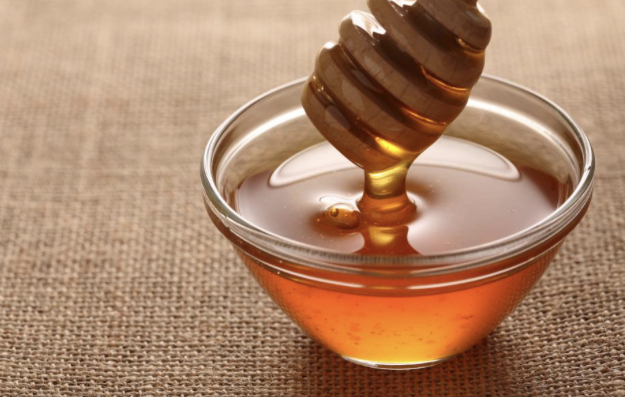
SUNDAY SHUTDOWN #30 MANUKA HONEY, is it worth the price tag?⠀
What is it?
Manuka honey is native to New Zealand and is a product of the manuka tree where bees collect their honey from. In recent years it has landed on the shelves of many health food stores and even supermarkets with a price tag upwards of £20, some even coming in at £70. Health claims on manuka honey (and any products containing it) include it’s positive effects on your gut health, treating cancer and diabetes, boosting your immune system and generally being good for oral hygiene. It is both marketed for external or topical use and for ingestion as well.⠀
All types of honey have been praised for thousands of years on their antibacterial properties and have been used for wounds and burns. Manuka honey has a special chemical called methylglyoxal which has specific antimicrobial properties, this compound is not found in standard honey and is what makes it different. However, the benefits of methylglyoxal found in Manuka honey is not quite known just yet. In general terms for wound care there is medical grade honey which is licensed around the world. Manuka honey is not medical grade. And you should not use any honey purchased from a supermarket to heal your wounds at home.⠀
What does the science say?
Most people will see manuka honey and buy it for ailments such as a sore throat and because it costs more and has a fancy rating system on it then surely it must work, right? False. Despite all the claims you read about manuka honey there are no large scale human trials that have looked at its effect on cancer, diabetes, high cholesterol or gut health (or anything for that matter). Most of the limited research conducted using manuka honey has been done in a lab or in animals therefore it cannot be applied to humans.⠀
And finally…
So whilst a well known remedy for a sore throat is a hot cup of water with lemon and honey, the standard stuff will do just fine. And a side note from a sustainability perspective, our bees are in danger so plant some bee loving varieties in your garden next spring or buy some bee bombs, the kids will love them.⠀
